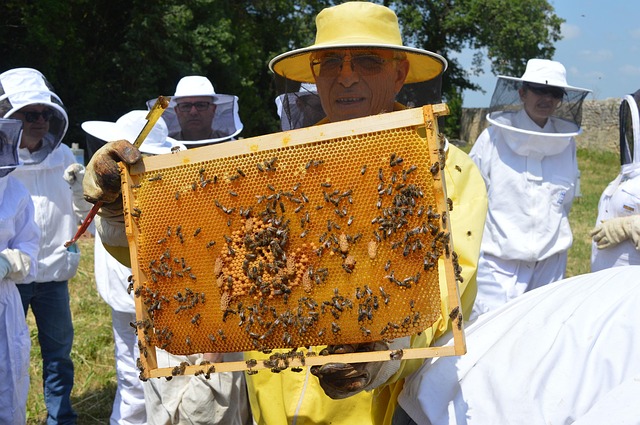Strategic real estate development integrates retail, dining, and entertainment sectors to unlock urban growth and enhance consumer satisfaction. By blending these experiences into vibrant mixed-use spaces, businesses attract locals and tourists, stimulate economic growth, and foster diverse thriving communities. This approach drives foot traffic, increases customer engagement, and benefits both patrons and local economies through experiential shopping and diverse sector stimulation. Real estate developers curate high-traffic locations with accessible transportation links, collaborating with local artists and organizations to create aesthetically pleasing functional architecture where entertainment, restaurants, and retail harmoniously coexist.
“The retail, dining, and entertainment landscape is evolving, driven by innovative real estate strategies. Unlocking potential through strategic development is key to fostering dynamic hubs that cater to diverse consumer needs. This article explores how real estate plays a pivotal role in expanding these sectors, focusing on fusion strategies that blend retail and dining experiences, while creating vibrant entertainment spaces that captivate audiences. Discover the trends reshaping urban dynamics.”
Unlocking Potential: Real Estate's Role in Expansion

The expansion of retail, dining, and entertainment sectors is intricately tied to the dynamic landscape of real estate. As urban areas evolve and consumer preferences shift, the strategic development and utilization of space become paramount. Real estate plays a pivotal role in unlocking new opportunities for businesses looking to thrive in these ever-changing markets.
By leveraging the right locations and designs, developers and investors can create vibrant hubs that attract both local residents and tourists. This involves careful consideration of demographics, accessibility, and the unique needs of each industry. For instance, mixed-use developments that combine retail, residential, and entertainment spaces are gaining popularity, offering a seamless and appealing experience for consumers. Such innovative real estate strategies not only drive economic growth but also shape the overall character and appeal of cities, fostering a thriving and diverse urban environment.
Dynamic Duo: Retail & Dining Fusion Strategies

In today’s dynamic market, the fusion of retail and dining experiences is a powerful strategy that enhances the overall consumer journey. Real estate plays a pivotal role in this concept, as developers and entrepreneurs seek innovative ways to attract and retain customers. By integrating shopping and dining destinations into one vibrant space, businesses create a unique atmosphere that encourages longer stays and increased spending. This fusion approach not only benefits patrons but also fosters local economies by driving foot traffic and stimulating various sectors simultaneously.
Retail and dining establishments can collaborate through shared spaces, where customers can browse products while enjoying culinary delights. For instance, a trendy shopping district might feature restaurants with al fresco dining areas, seamlessly blending the retail and gastronomic experiences. Such strategies not only cater to modern consumers’ preferences for experiential shopping but also allow businesses to diversify their offerings, attract new demographics, and create memorable brand associations in the minds of customers.
Entertainment Hubs: Creating Vibrant Spaces

The expansion of retail, dining, and entertainment scenes is closely tied to real estate development, creating vibrant hubs that attract locals and visitors alike. These entertainment spaces transform urban landscapes, becoming pulsating centers where people gather, connect, and create lasting memories. Successful integration involves careful planning and design, leveraging architectural innovations to maximize functionality and aesthetics.
Real estate developers play a pivotal role in cultivating these hubs by strategically selecting locations with high foot traffic and accessible transportation links. They collaborate with local artists, businesses, and cultural organizations to curate unique experiences that cater to diverse interests. The result is a dynamic ecosystem where entertainment venues, restaurants, and retail stores coexist harmoniously, fostering economic growth and enhancing the overall quality of life for community members.






